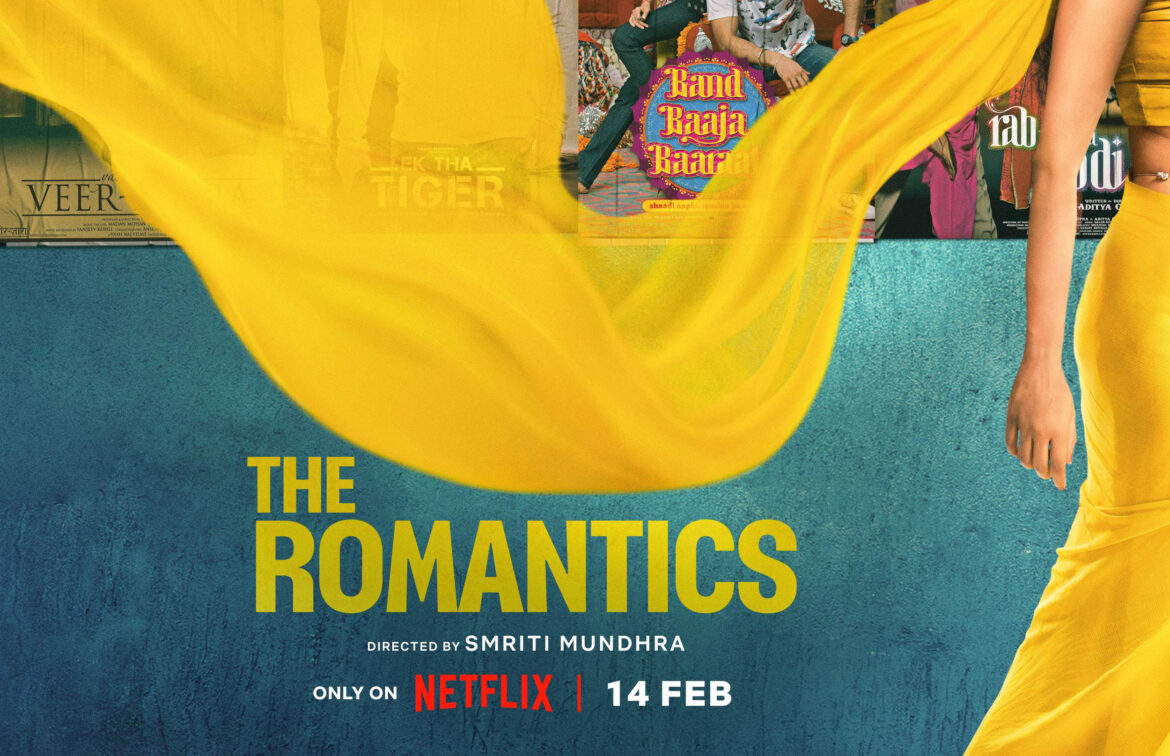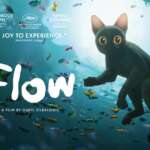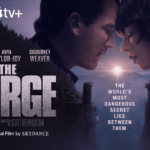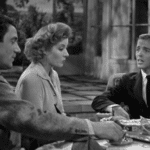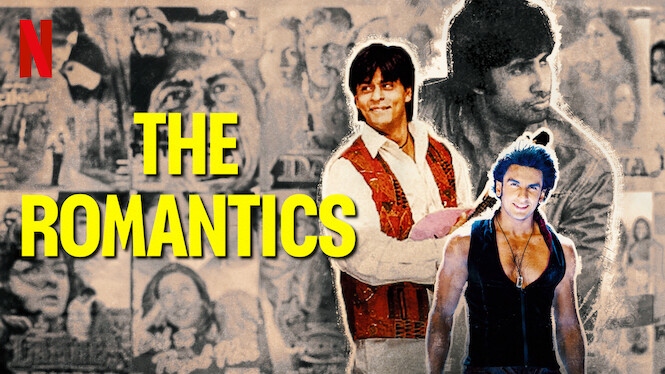
Netflix’s new docuseries, The Romantics, directed by Smriti Mundhra, takes a look at Indian cinema over the past seven decades as viewed through the lens of Yash Raj Films’s contributions and impact on the Indian film industry. YRF is one of, if not the largest, film company in India, and it was formed by legendary film director Yash Chopra, who passed away in 2012. Since even before his passing, YRF’s continued to thrive and grow in part due to his son Aditya Chopra, a director and producer in his own right.
Aditya Chopra’s own films which he directed, including Dilwale Dulhaniya Le Jayenge Mohabbatein, along with those he produced, including the Dhoom series, have already made him a legendary figure in Hindi cinema. Aditya, a famously reclusive figure in India, sat down for a rare interview for The Romantics, and along with his mother and his brother Uday, who himself is a producer of this series, contributed to the docuseries through their own interviews. In addition to the Chopra family, they are joined by a who’s who of legendary actors, directors, and producers in the Indian film industry, including Shah Rukh Khan, Amitabh Bachchan, Rani Mukerji, Salman Khan, Juhi Chawla and many more.
Each episode follows the chronology of YRF over the years, and while this focus can at times seem a bit narrow, if not a bit biased as TheSwaddle.com rightly points out, it’s fair to say the impact of YRF is such that it still serves as a useful and appropriate throughline for seeing the ever-changing world of Bollywood films (including why many in the Hindi cinema community do not like this term’s use.)
Though I’ve been a fan of Hindi cinema for at least a decade, I do not consider myself an expert by any means, so I found the series incredibly insightful and informative, and just a delightful experience wading into discussions on classic titles with all of these incredible people. To highlight the breadth and depth of the interviews, since India’s film industry is still more centralized than Hollywood’s, to an outsider this might be the equivalent of getting the entire Ocean’s 11 cast, past and present, along with the five most famous directors you know to sit down for one set of interviews. That’s to say there’s a lot of expertise and knowledge covered by the many people on-screen.
The earliest episodes focusing on Yash Chopra’s directorial work highlight the formative nature of the tropes of Hindi cinema, including the incredible music, dance numbers, and romantic nature of the films. Yash helped create many of the classic films that Indians still revere today, and has certainly left an impact on the emotional romantic tales India’s so often known for.
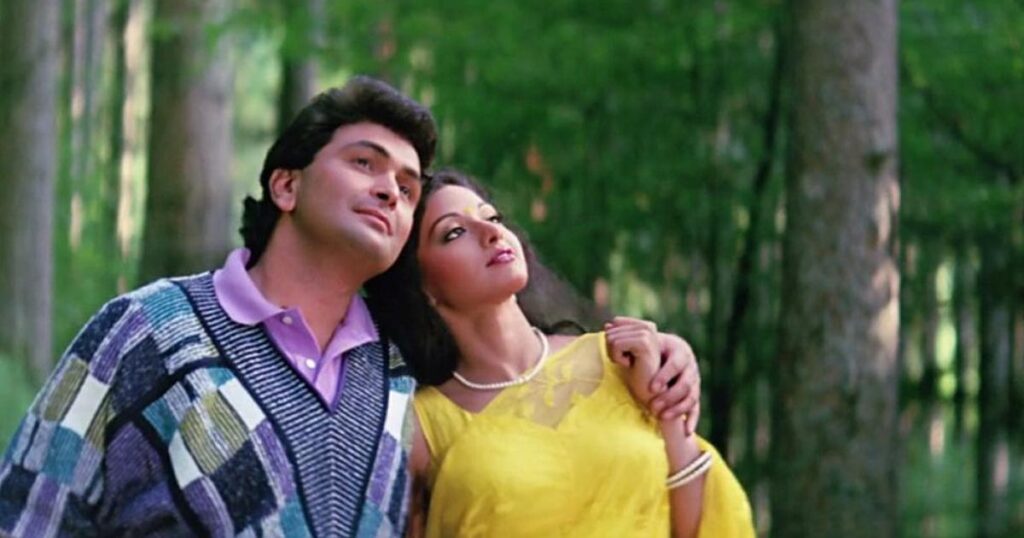
Chandni (1989) film by Yash Chopra
As we transition to the 1990s and the 2000s, when Aditya’s role as Assistant Director, Director, and Producer comes more into focus, we are seeing that India is changing just as YRF is changing. We are introduced to the liberalization of India’s economy, and with it an increasing introduction of Western products, companies, and culture. Here The Romantics smartly understands that films are a window for outsiders to examine one’s culture, and this docuseries provides wonderful meta commentary by using the films they cover to tell the story of an evolving India.
As The Romantics nears its end, it has to tackle the challenges the Indian film industry begins to face, including competition from the West, and the loss of Yash at the age of 80. Even as Aditya’s role in the docuseries increases, and Yash Chopra’s historic interviews give way to interviews by the younger stars and directors, Yash’s presence continues to be felt in the docuseries and the films that succeed him. Aditya of course is not his father, and the interviewees comment on how different their approach is to film, yet even as Aditya’s explored new genres, and found ways to connect with the youth in new ways, both he and his father have always put their heart into every films in a way that connects the two.
Likewise part of their greatness may be how they understand what sets Hindi cinema apart – why a derivative term like Bollywood doesn’t cut it – and why to embrace ‘desi’ as they often do is to embrace what their industry brings that no other film industry can.
With the success of RRR in 2022, and the increasingly international media landscape – with many putting on subtitles as Bong Joon-Ho suggested – the impact of Hindi cinema will surely only grow. So whether you’re a first timer to Indian films who would like to know, or someone like myself who has a passion but not an encyclopedic knowledge of the films, then I recommend you give The Romantics a shot, as there’s plenty for all to enjoy.
